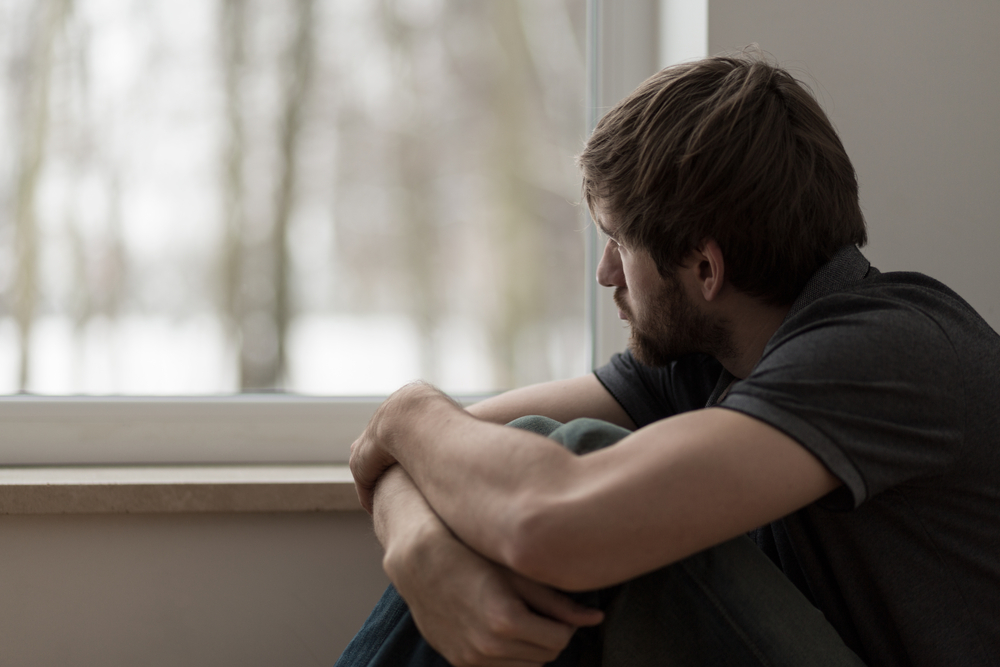
Depression is a mental illness characterized by low mood, feelings of sadness, and hopelessness. Treatment for depression can be through therapy, medication, or both. Therapy helps people understand their condition better, while medication helps them feel better and function in their day-to-day life. This illness manifests itself in different ways, and it helps to understand some of the common symptoms of depression.
Physical symptoms may include fatigue, loss of appetite, and difficulty sleeping. The more severe the depression is, the more intense these symptoms are.
If you have depression or are worried that you may have it, then it is necessary to get professional treatment for depression as soon as possible.
Signs and Symptoms of Depression
Symptoms of depression are usually associated with the following signs lasting for two weeks or more.
They include:
- Depression will often sap a person’s desire to enjoy activities they once used to enjoy, and it may make them feel like everything is futile. It is because depression alters signals in the brain that dictate feeling happy, interested, or more motivated.
- It becomes hard to concentrate when you are depressed. You might feel too foggy or disengaged to read, watch TV, or make decisions.
- Depression often leads to low self-esteem. You may feel that you’re worthless, a failure at everything, and unable to see any good in yourself.
- A recent study found that many people who experience depression also experience insomnia. Insomnia can be an issue on its own and cause a person to feel more depressed and less energetic. It is essential to get enough sleep to fight depression and stay healthy.
- People who suffer from depression may feel like they don’t want to eat anything and force themselves to eat. It can result in weight loss. People in this situation often find it helpful to keep a food diary and talk with a therapist about the things that make them feel better.
Common Causes of Depression
Depression may be caused by several factors, including genetics, life events, and substance abuse.
The most common causes of depression are:
- Genetics: Depression can be hereditary. If one parent has had depression before, there is a higher chance that the child will experience it too.
- A woman’s hormonal changes can cause her to feel depressed and irritable. Because they all cause a radical change in estrogen and progesterone levels.
- Life events, such as loss or trauma, can lead to depression.
- Substance abuse: alcohol and drugs can cause depression because they affect the brain’s neurotransmitters which regulate moods and emotions.
- Certain medications, notably steroids, high blood pressure drugs, and cancer drugs, may lead to depression.
- Illness: People who have chronic illnesses such as heart disease, anxiety, and diabetes may experience depressive symptoms.
If you are experiencing any signs of depression, professional treatment can be a helpful option. Contact me to schedule an initial consultation.